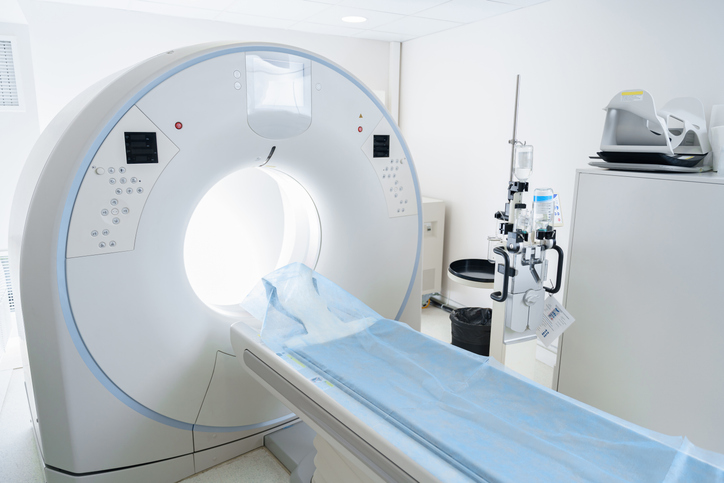
The findings of a recent study which appeared in JAMA Cardiology suggest obesity is a problem among patients with hypertrophic cardiomyopathy (HCM), and can lead to adverse outcomes.
“Patients with hypertrophic cardiomyopathy (HCM) are prone to body weight increase and obesity,” the research authors wrote in their abstract. “Whether this predisposes these individuals to long-term adverse outcomes is still unresolved.”
To conduct this cohort study, the researchers retrospectively analyzed data on 3,282 patients (61.5% male, median age, 47) from the ongoing prospective Sarcomeric Human Cardiomyopathy Registry, which is an international database developed by eight high-volume HCM centers comprised of more than 6,000 patients. The researchers analyzed records from database inception up to the first quarter of 2018. All participants were allocated into three different groups based on BMI class, and assigned to either a normal weight group (n=962), preobesity group (1,280), or obesity group (n=215). The key endpoint of this study was specified as overall and cardiovascular mortality, heart failure outcome, a ventricular arrhythmic outcome, and overall composite outcome. The participants were observed for an average of approximately seven years.
According to the results of the study, patients with obesity were more symptomatic and had a greater prevalence of obstructive physiology (normal weight, 201 [20.9%]; preobesity, 327 [25.5%]; obesity, 337 [32.4%]; P < .001). Moreover, at the time of follow-up, obesity was independently associated with the HCM-related overall composite outcome (preobesity vs normal weight: hazard ratio [HR], 1.102; 95% CI, 0.920 to 1.322; P = .29; obesity juxtaposed to normal weight: HR, 1.634; 95% CI, 1.332 to 1.919; P < .001) and the heart failure composite outcome (preobesity vs normal weight: HR, 1.192; 95% CI, 0.930 to 1.1530; P = .20; obesity vs normal weight: HR, 1.885; 95% CI, 1.485 to 2.393; P < .001). These findings were irrespective of age, sex, left atrium diameter, obstruction, and genetic status. Overall, the study revealed that obesity augmented the likelihood of atrial fibrillation but not of life-threatening ventricular arrhythmias.
Obesity is prevalent amongst hypertrophic cardiomyopathy pts and associated with obstructive physiology and adverse outcomes. Nice work from @SHaRe_Registry https://t.co/oKAUIzjQY3 #HCM #cardiogen
— A/Prof Jodie Ingles (@jodieingles27) November 6, 2019
“Obesity is highly prevalent among patients with HCM and is associated with increased likelihood of obstructive physiology and adverse outcomes,” the researchers wrote in conclusion.
“Strategies aimed at preventing obesity and weight increase may play an important role in management and prevention of disease-related complications.”
A study of over 3,000 patients found that obesity in patients with hypertrophic #Cardiomyopathy is independently associated with increased likelihood of obstructive physiology and poor outcomes.https://t.co/QyYMI14bwh
#CVD #obesity @JAMACardio @AOUCareggi @sday_hcm #PMWC20 pic.twitter.com/U95gGEdZvS
— Precision Medicine World Conference (@PMWCintl) November 7, 2019
Obesity and #HCM outcomes in @JAMACardio #cardiotwitter #ACCFIT #Meded #medtwitter https://t.co/jGrLa5OzwN pic.twitter.com/EocmIVzeLG
— Ahmad Masri (@MasriAhmadMD) November 9, 2019







 © 2025 Mashup Media, LLC, a Formedics Property. All Rights Reserved.
© 2025 Mashup Media, LLC, a Formedics Property. All Rights Reserved.